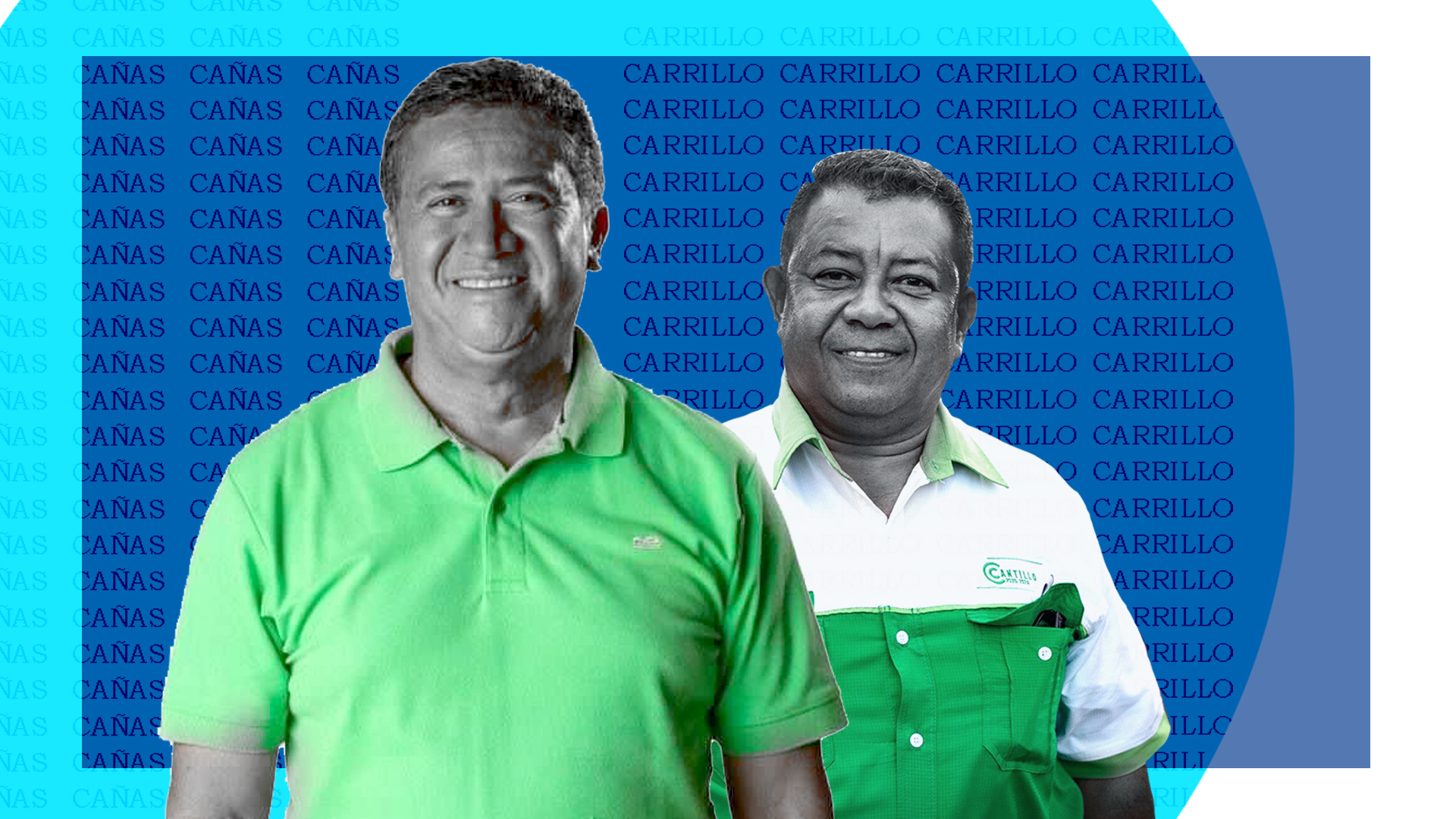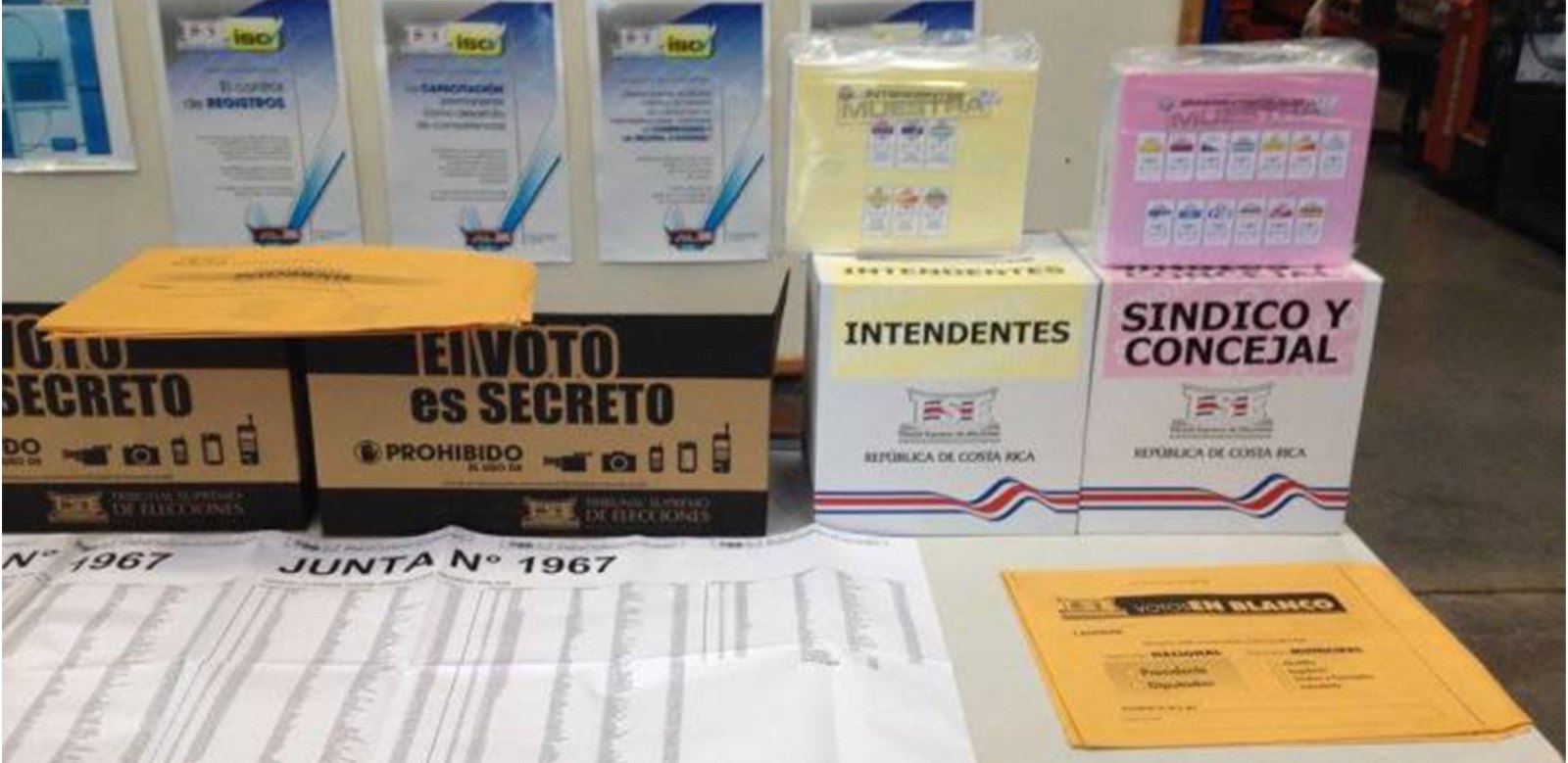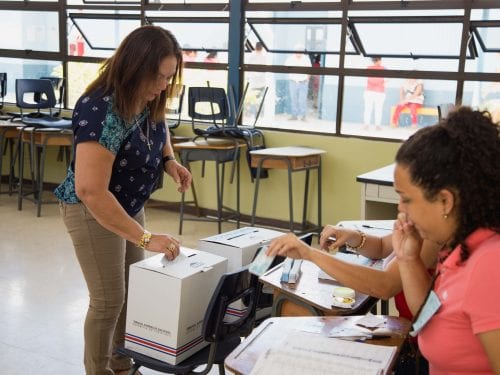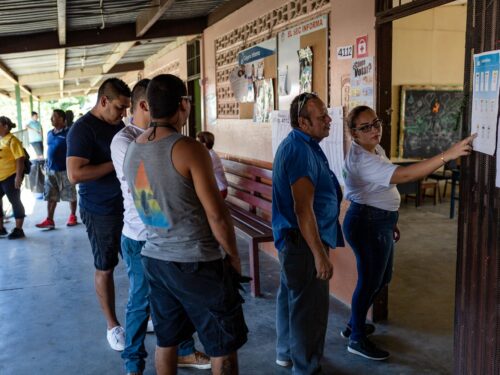
The mayors of Cañas and Carrillo, Luis Fernando Mendoza and Carlos Cantillo, hope to get elected to the Legislative Assembly for the 2022-2026 term. Both are candidates for the National Liberation Party (PLN for the Spanish acronym) for the province: Mendoza in the first position and Cantillo in the third.
The two leaders affirm that they will take time away from their positions weeks prior to the February 2022 election.
Mendoza said that he will request unpaid leave. Although he hasn’t yet defined when, he said it will likely be during December and January.
“I’m fine-tuning my finances because I’m not a businessman; I’m a salaried worker, so to leave a period of leave without pay and dedicate myself to the campaign,” he told The Voice of Guanacaste.
Cantillo stated that in January, he will take the vacation time that he has accumulated to dedicate himself to the electoral political campaign. “In the meantime, I’ll keep working on it after 4:30 p.m.,” he affirmed.
Both mayors have served more than one term as mayors. Mendoza is in his second term and Cantillo in his fourth. In fact, Cantillo believes that his political mission has always been to rise through the different options of popularly elected positions.
You carry that aspiration that at some point you’ll have the opportunity to aspire to more. I would have liked to run in the first or second position, but here we go all the same,” he added.
The mayor of Cañas dismissed the idea that he had planned to run for Congress when he returned to the mayor’s office in 2020.
Is it mandatory for mayors to leave their position?
No. The Electoral Code doesn’t prevent mayors, who are popularly elected, from running for another office that is also popularly elected. In fact, Article 146 establishes the only prohibition: they can’t spend time on their electoral campaign during work hours or use their position to benefit a political party.
“Outside of working hours [including vacations and leave], they don’t have any type of limitation to dedicate themselves to political-electoral issues,” explained Supreme Electoral Tribunal (TSE for the Spanish acronym) lawyer Juan Luis Rivera.
Some experts think this political permission has turned into a trend, including Vladimir Cunningham, head of education for the Institute for Municipal Education and Training and Local Development (IFCMDL).
Usually it’s about strong leaders that use the local government as a platform to jump onto a bigger stage [the Legislative Assembly],” he explained.
According to the expert, a kind of unfair competition and lack of renewal of party structures even come into play since positions continue to be distributed among figures that simply rotate.
The possibility that mayors are candidates for Congress at the same time has also bothered some residents, who have filed appeals for legal electoral rights.
In 2013, for example, a citizen claimed that “as the highest-ranking hierarch in an institution of departments that operate 24-hours, seven days a week… the mayor must be aware of the departments at any time they are required.”
So what are the mayor’s work hours?
The TSE considers the mayor to be a full-time official, Rivera explained. “However, for purposes of establishing their hours to dedicate themselves to political activities, the administrative hours of the municipality are taken into account,” he added.
In other words, it varies according to each municipality. The Municipality of Cañas works from 8 a.m. to 4 p.m. and Carrillo’s hours are from 7:30 a.m. to 4 p.m.
According to the lawyer, the prohibition also applies to official activities carried out on Saturdays, Sundays or holidays as long as the mayor is representing the municipality.
And what happens if the car that he drives around in has signs alluding to his candidacy?
The TSE has stated that as long as it is the mayor’s personal vehicle and isn’t owned by the local government, an official’s vehicle may carry political party signs. “If this official travels in his private vehicle and parks it on public roads in front of his workplace, that doesn’t constitute political electoral participation during working hours,” the magistrates said in a resolution.
What if they campaign on social media during office hours?
According to the TSE lawyer, certain behaviors could be justified even during work hours, for example, if they occurred at lunchtime.
In these types of matters, the evidence is the determining factor,” said Rivera. “It is analyzed by the TSE to determine whether or not the conduct was configured.”
If I have proof that a mayor is in breach of the prohibition, what should I do?
The person filing the complaint must present a document that presents the facts, as established in articles 266 and 267 of the Electoral Code. The complaint must contain:
- Name and capacity of the person filing the complaint
- Description of the events, indicating the place, day and time they occurred.
- Name of the person or people who allegedly breached prohibitions, indicating their position and, if known, the place where they can be notified.
- Names of witnesses, if any.
- Other evidence to verify the facts.
- Documents or other means that are deemed convenient. The person filing the complaint can also indicate the public office or the place where applicable.
- Place and means to receive notifications.
- Date and signature.
The TSE lawyer explained that there are different options for submitting the complaint, as long as it is not anonymous. Some options are: taking it to one of the TSE’s 32 regional offices or emailing the document with an electronic signature to [email protected].
If you have questions, contact the TSE through their WhatsApp chat or call the regional office’s telephone number.
Liberia: 2666-0116
Nicoya: 2685-5683
Santa Cruz: 2680-1612
Cañas: 2669-0297







Comments